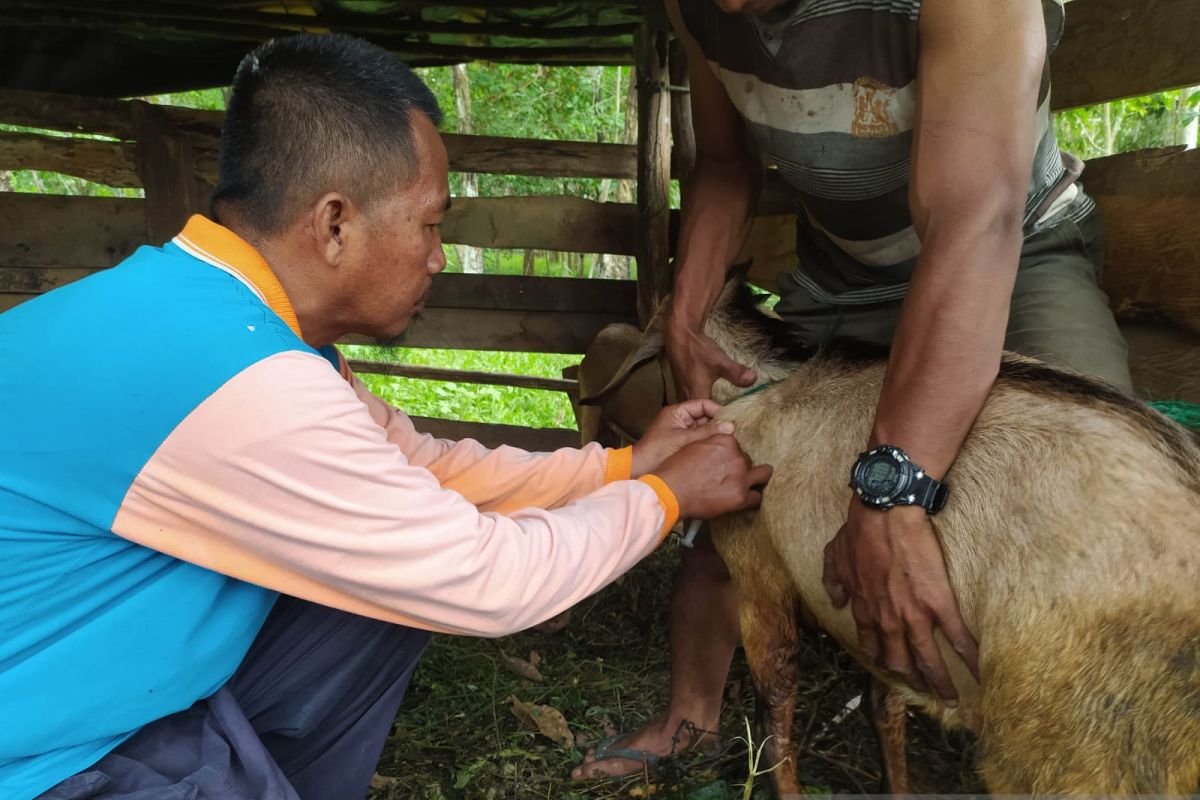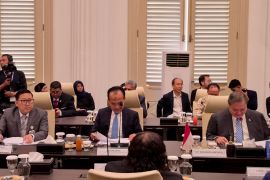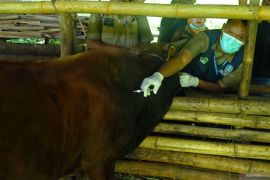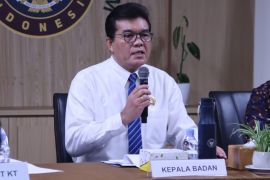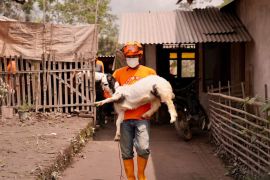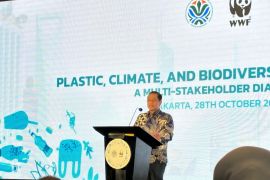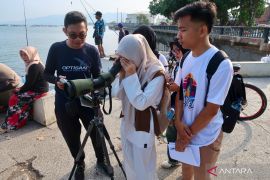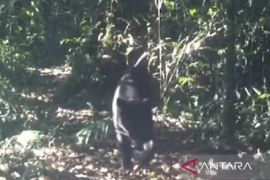"The main point is actually how many animals we avoid every day, how many that haven't recovered yet," coordinator of data, IT, and public communication at the task force, Abdul Muhari, said during a discussion on the “Importance of Data and Communication in Handling FMD in Indonesia,” which was accessed online here on Wednesday.
The task force has implemented five strategies to tackle the latest cases, namely, biosecurity, vaccination, treatment, conditional slaughter, and testing, he noted. It is expected that the public would be informed about the number of animals recovering on a weekly basis.
"If there are more which have not recovered (compared to the) previous week, it means we are not working. So, we have to inform results like this to the public so they can see in a measurable way that the strategy we are implementing is indeed effective," Muhari expounded.
He informed that over time, FMD handling has been going according to plan. He cited data showing that the number of animals that were yet to recover continued to decline from August to September 2022 and the trend sustained until the latest data was obtained in the second week of December.
Related news: Ministry urges regional governments to form FMD task force
Initially, when the task force was formed, there were 640 thousand FMD cases. The number of cases has since declined to 14 thousand.
Muhari said that the handling of FMD is the result of collaboration among stakeholders — the community, government, mass media, private sector, and academics. In a disaster management situation, these five components become subjects that can save themselves.
"When we talk about disaster, everyone becomes a subject, which means we must be active in seeking information. 'If I was a farmer, then there's an outbreak like this, what should I do?' Not just waiting for (order) on what to do, based on input from livestock office or else," he explained.
According to him, each of these components will do things in accordance with their respective functions, but it is necessary they take stock of the existing conditions before taking emergency response measures.
The FMD task force had many experiences on the regional level related to disease handling and found many ways to help the community resolve the situation. He opined that FMD is not new. After Indonesia was declared free of the disease in 1985, many lessons were taken and documented.
"If we can take a medical approach, (look for) a solution from a sociocultural perspective, then it might become literacy, so that in the future, if it happens again, it can be handled more quickly," he added.
Related news: Achieving herd immunity goal of FMD handling: task force
Related news: Zero active FMD cases reported in 12 provinces: Task Force
Translator: Fitra Ashari, Mecca Yumna
Editor: Suharto
Copyright © ANTARA 2022
